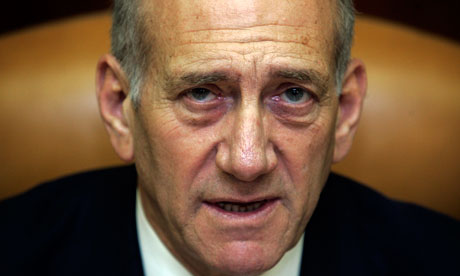
(EndTheLie) -The U.S. military’s constant move towards increasing so-called “human enhancements” or, as California Polytechnic State University researcher Patrick Lin says, “mutant powers,” has raised entirely novel ethical and policy concerns, according to a new report for the Greenwall Foundation.
Massive advances in technology are requiring a radical re-thinking of the future of war in other areas as well, such as weaponized hallucinations, fully automated weapons systems (also known as “killer robots”) and rapidly advancing drone technology opening up the realistic possibility of perpetual drone flight.
Yet this type of research aimed at directly changing human body – in an effort to build what some call “super soldiers – is in a league of its own. The military’s “enhancements” cover a wide range of technologies from drugs and nutrition to genetic manipulation to electroshock to robotic implants, prosthetics and more.
In a new 108-page report prepared for the Greenwall Foundation by Patrick Lin, PhD, Maxwell Mehlman, JD and Keith Abney ABD, the many risks are outlined along with some of the many “human enhancement projects recently or currently pursued by militaries worldwide.”
“Insomuch as the US military is the most transparent about its research projects as well as the most heavily invested, most but not all of our examples are projects based in US, drawn from open-source or unclassified information,” the researchers note. Some of the technologies they outline include exoskeletons designed to radically increase a soldier’s strength and endurance, external devices designed to aid mobility and allow humans to scale walls like geckos and spiders, liquid body armor and flexible fabrics capable of stiffening into armor and “virtual capabilities” designed to prevent the soldier from even being on the battlefield at all.
One such project is the “Avatar” program spearheaded by the Defense Advance Research Project Agency (DARPA) aimed at creating “interfaces and algorithms to enable a soldier to effectively partner with a semi-autonomous bi-pedal machine and allow it to act as the soldier’s surrogate.”
In addition there are efforts to increase “situational awareness” through “better communication, data integration from different sources, threat identification, coordinated efforts, and so on.”
Current projects include DARPA’s Cognitive Technology Threat Warning System, a visual aid that employs a computer to instantly identify threats that otherwise “warfighters might only subconsciously see, given that only a fraction of our visual data is consciously registered.”
A similar project is DARPA’s Soldier Centric Imaging via Computational Cameras, or SCENICC, which “seeks to develop electronic contact lenses” to accomplish similar superhuman awareness.
While caffeine has long been a staple in war as an attention stimulant, the US military now uses amphetamines to “increase focus” although there are quite obviously “possible serious side-effects.”
Indeed, in one case, it seems that the stimulants were at least partially responsible for the deaths of four Canadian troops in Afghanistan, as Danger Room notes.
“Case in point: On April 18, 2002, a pair of Air Force F-16 fighter pilots returning from a 10-hour mission over Afghanistan saw flashes on the ground 18,000 feet below them,” David Axe writes. “Thinking he and his wingman were under fire by insurgents, Maj. Harry Schmidt dropped a 500-pound laser-guided bomb.”
The flashes were actually Canadian troops conducting a live-fire training exercise and the Air Force eventually dropped criminal charges. Schmidt told Chicago magazine, “I don’t know what the effect was supposed to be. All I know is something [was] happening to my body and brain” that could have influenced his judgment.
Currently, the US and other militaries are “using or exploring the use of modafinil and other drugs, which are already used illicitly to enhance academic and workplace performance,” according to the report.
Even memory is a target of potential manipulation with DARPA’s Human Assisted Neural Devices program, aimed at strengthening and restoring memories. Other programs are focused on developing drugs and treatments capable of erasing memories.
Programs are also aimed at using artificial intelligence to enhance decision-making and planning in military situations.
DARPA’s Deep Green, for instance, “automatically infers the commander’s intent and produces a plan from the commander’s hand-drawn sketches to facilitate rapid option creation, and plan recognition and understanding capabilities ensure the commander’s intent is fully represented in the system.”
DARPA is also researching enhanced learning methods with programs such as “Neurotechnology for Intelligence Analysts, Accelerated Learning, Education Dominance, Augmented Cognition, and Training Superiority programs.”
Real-time language translation is another area of DARPA research with programs like “Boundless Operational Language Translation (BOLT), Robust Automatic Translation of Speech (RATS), TRANSTAC, and other programs.”
Communication with military systems is also an area of increased focus with systems capable of facilitating “direct communication between pilot and aircraft” and “projects [that] seek to enable communication through thought alone, such as the brain-computer interface work—or “synthetic telepathy”—funded by the US Army Research Office.”
There are also programs focusing on specific senses such as telescoping contact lenses, DARPA’s RealNose project aimed at mimicking a dog’s sense of smell, a Canadian project aimed at filtering out “environmental noises while enhancing verbal signals” and another Canadian project seeking to develop “a tactile cueing system for pilots to detect motion without visual or auditory cues.”
Even human metabolism is an area of military focus with DARPA’s Peak Soldier Performance program aimed at “boost[ing] human endurance, both physical and cognitive.” Dietary supplements like quercetin are “being investigated for cognitive-enhancing effects under stress” as well.
“Relatedly, US and UK scientists are researching genetic and cellular (mitochondrial) enhancements to enable soldiers to run for long distances and to survive longer without food, e.g., as Alaskan sled dogs are able,” the researchers add.
DARPA’s Crystalline Cellulose Conversion to Glucose (C3G) program is aimed at eventually allowing soldiers to “eat otherwise indigestible materials, such as grass.”
Avoiding that pesky thing called sleep is another focus of military research with DARPA-funded research programs into “light and magnetic therapies to safely maintain wakefulness.”
The list grows considerably when one considers so-called “dual-use research” which includes “military-funded research projects in therapeutics or healing” with dual-use applications as enhancements for soldiers.
Areas of focus include research into stress, circulatory issues, metabolism, toxins and radiation, prosthetics, diagnostics, drug delivery systems and basic science which, oddly enough, includes DARPA’s “Living Foundries” program.
Every single area includes ethical, legal and policy considerations, all of which are likely even greater than we think since this report relies solely on publicly available information. The researchers conclude that the Pentagon needs to begin working on a framework for military human enhancement immediately.
However, as is the case with drones, this technology might – and, one might argue, likely will – be used extensively without any formal rules, guidelines or legal frameworks in place.
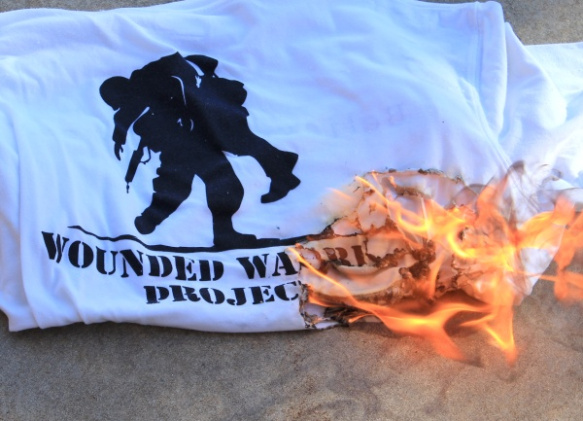




 The leading US negotiator in nuclear diplomacy with Iran has asked US politicians to pause any new sanctions against Tehran. Meanwhile Iranian lawmakers seem adamant to protect the “inalienable right” for nuclear research during the next P5+1 talks.
The leading US negotiator in nuclear diplomacy with Iran has asked US politicians to pause any new sanctions against Tehran. Meanwhile Iranian lawmakers seem adamant to protect the “inalienable right” for nuclear research during the next P5+1 talks.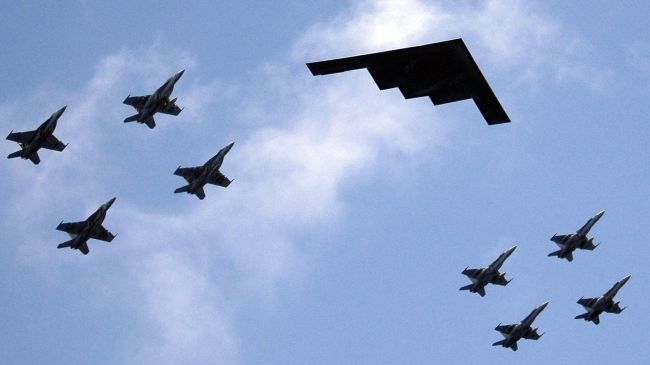

 The resolution, Senate Resolution 65,
The resolution, Senate Resolution 65, 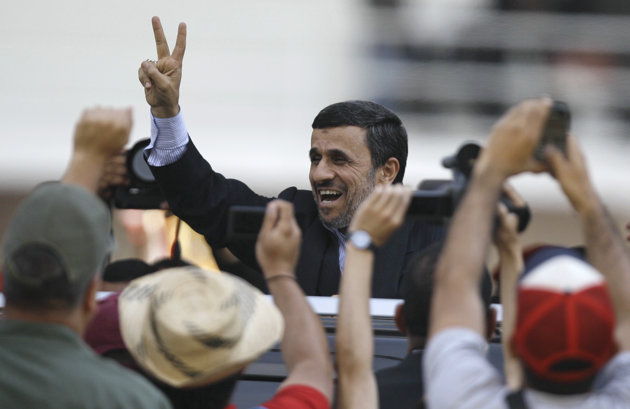
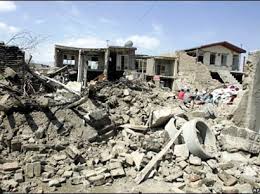
 With the possibility of North Korea escalating on the threat of a nuclear attack against US bases and possibly Hawaii or the west coast of the US mainland, Joe Biden reassured Democrats during a recent California speech that he’ll personally take the fight to the enemy.’ “I’ll get myself on a B-52 and drop the damn thing myself if that fat little pinko chink bastard Kim tries anything funny.”
With the possibility of North Korea escalating on the threat of a nuclear attack against US bases and possibly Hawaii or the west coast of the US mainland, Joe Biden reassured Democrats during a recent California speech that he’ll personally take the fight to the enemy.’ “I’ll get myself on a B-52 and drop the damn thing myself if that fat little pinko chink bastard Kim tries anything funny.”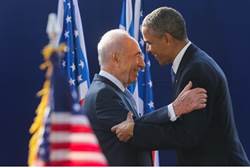 (israelnationalnews.com) President Shimon Peres said that he believes that U.S. President Barack Obama will attack Iran’s nuclear facilities if diplomatic efforts fail.
(israelnationalnews.com) President Shimon Peres said that he believes that U.S. President Barack Obama will attack Iran’s nuclear facilities if diplomatic efforts fail.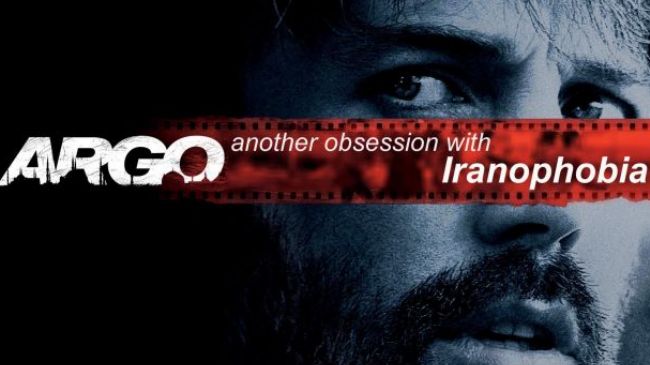
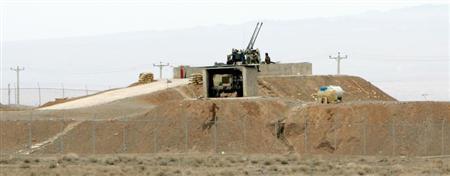


 Speaking at the
Speaking at the 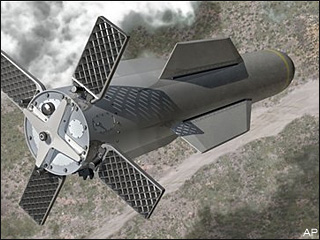 Tests of the 30,000-pound (13,600-kilogram) Massive Ordnance Penetrator made by
Tests of the 30,000-pound (13,600-kilogram) Massive Ordnance Penetrator made by 
